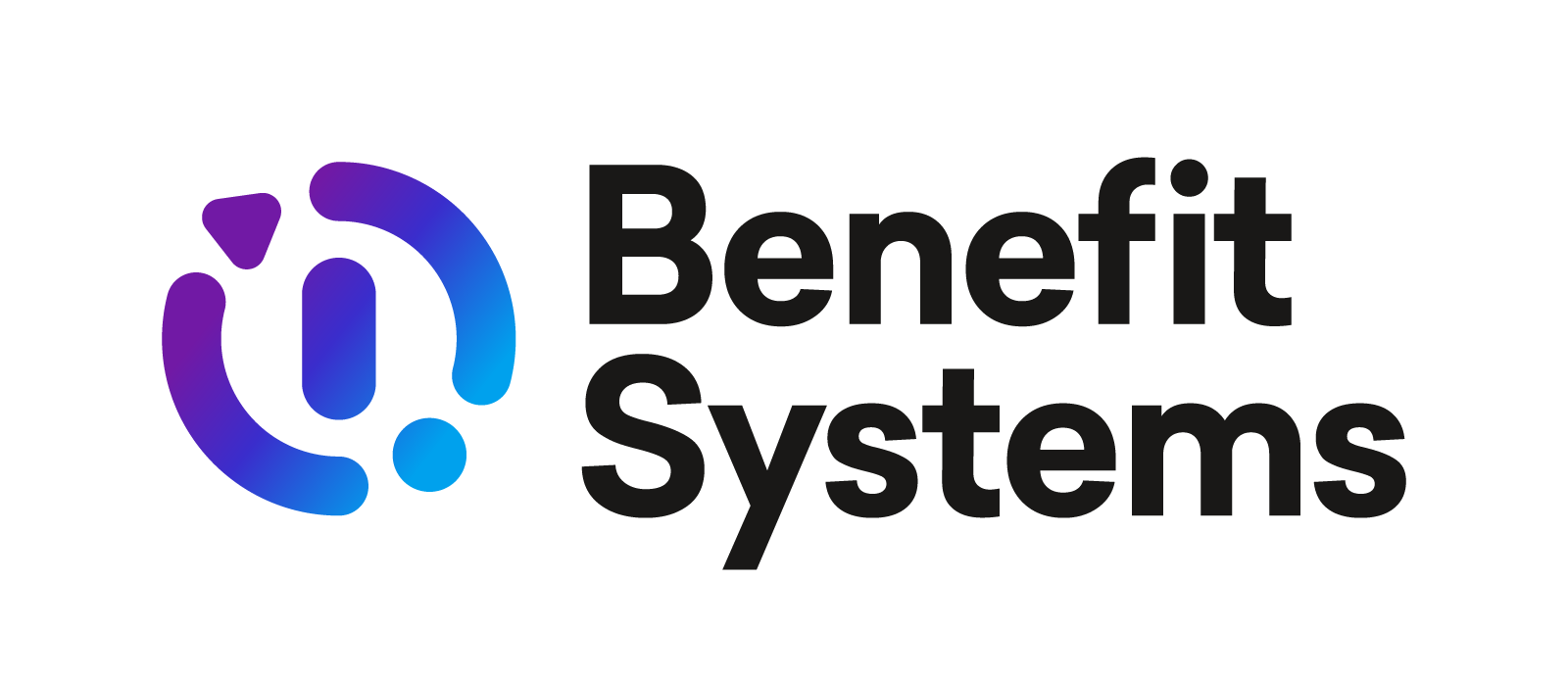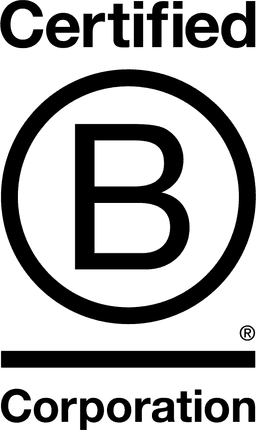

Benefit Systems S.A.

Masovian Voivodeship, Poland
July 2018
Other professional, scientific & tech
Service with Minor Environmental Footprint
Bulgaria,
Croatia (Hrvatska),
Czech Republic,
Poland,
Slovakia,
Turkey
Benefit Systems is an international company with a Polish lineage which was established to support employers in creating friendly and motivational work environment by providing employees with perks and fringe benefits. The company's flagship product is the MultiSport sports card. They believe that physical activity supports one’s health and improves well-being. Their sports card encourages employees and their families to engage into various forms of movement and recreation, tailored to individual needs. So far, over 1M users have trusted them in Poland and Europe. Behind all our products and ideas stands a creative and diverse team of employees, who believe in the potential of small steps that may change business for the better and create value for the world we all live in. All these activities have helped them become the first public company in Central and Eastern Europe with the B Corp certificate and the first one that has described its purpose in the states as the pursuit of long term economic success by conducting its business activities in a manner that has a significant positive impact on the society and the environment, taken as a whole.
Overall B Impact Score
Governance 18.6
Governance evaluates a company's overall mission, engagement around its social/environmental impact, ethics, and transparency. This section also evaluates the ability of a company to protect their mission and formally consider stakeholders in decision making through their corporate structure (e.g. benefit corporation) or corporate governing documents.
Workers 31.1
Workers evaluates a company’s contributions to its employees’ financial security, health & safety, wellness, career development, and engagement & satisfaction. In addition, this section recognizes business models designed to benefit workers, such as companies that are at least 40% owned by non-executive employees and those that have workforce development programs to support individuals with barriers to employment.
Community 11.5
Community evaluates a company’s engagement with and impact on the communities in which it operates, hires from, and sources from. Topics include diversity, equity & inclusion, economic impact, civic engagement, charitable giving, and supply chain management. In addition, this section recognizes business models that are designed to address specific community-oriented problems, such as poverty alleviation through fair trade sourcing or distribution via microenterprises, producer cooperative models, locally focused economic development, and formal charitable giving commitments.
Environment 8.9
Environment evaluates a company’s overall environmental management practices as well as its impact on the air, climate, water, land, and biodiversity. This includes the direct impact of a company’s operations and, when applicable its supply chain and distribution channels. This section also recognizes companies with environmentally innovative production processes and those that sell products or services that have a positive environmental impact. Some examples might include products and services that create renewable energy, reduce consumption or waste, conserve land or wildlife, provide less toxic alternatives to the market, or educate people about environmental problems.
Customers 11.8
Customers evaluates a company’s stewardship of its customers through the quality of its products and services, ethical marketing, data privacy and security, and feedback channels. In addition, this section recognizes products or services that are designed to address a particular social problem for or through its customers, such as health or educational products, arts & media products, serving underserved customers/clients, and services that improve the social impact of other businesses or organizations.